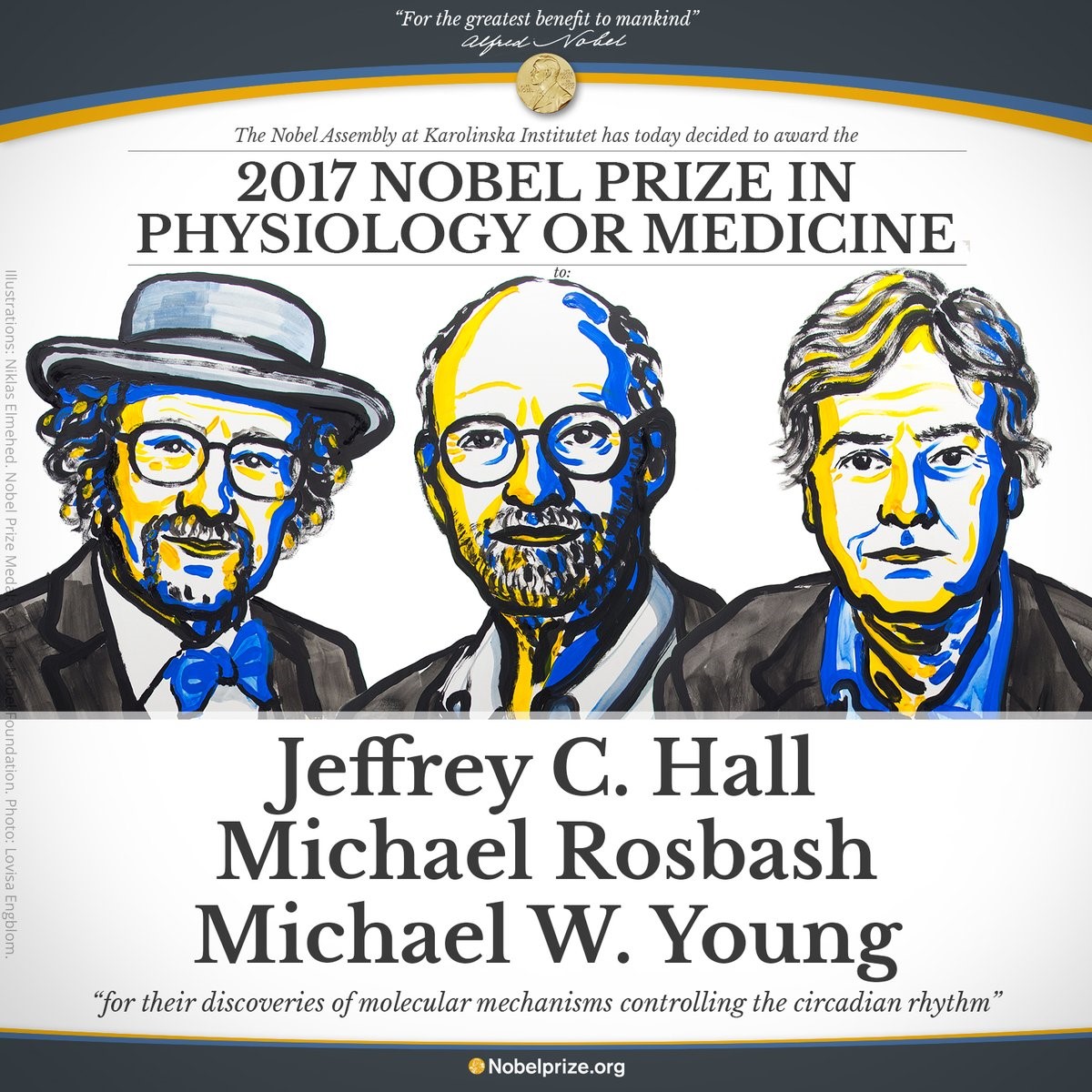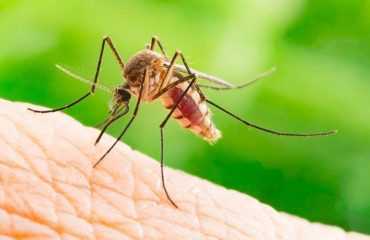Last week, the Nobel Prize in Physiology or Medicine 2017 was awarded jointly to Jeffrey C. Hall, Michael Rosbash and Michael W. Young “for their discoveries of molecular mechanisms controlling the circadian rhythm.” Circadian Rhythm refers to the human (or animal) biological clock and how it regulates sleep—why we wake during the day and sleep at night. Our biological clock in tandem with the environment also determines our levels of activity such as when we eat. It also regulates our body temperature, blood pressure and coordinates the release of our hormones. In short, it is critical to our well-being and has myriad effects on our bodies as we age; most notably, when our clocks are misaligned this can open the doors to cardiovascular diseases, immune disorders and possibly even psychiatric disorders.
The least little change in our environment like flying from one coast to another can alter our clocks because we are crossing time zones—that’s why jet lag sets in. Also, in winter, we might feel sluggish or depressed because daylight ends sooner also throwing off our clocks—an extreme form of this is seasonal affective disorder.
Drs. Hall, Robash and Young sought to understand the molecular clock, its timing mechanism, neuronal plasticity (impact on the brain) by studying fruit flies. Their research yielded the discovery of two genes that work in tandem to control this everyday rhythm. There is a protein within one gene that accumulates during the day and degrades at night–regulating the wake/sleep cycle. (A second protein in another gene regulates the activities of the first.)
Understanding the mechanism that controls and maintains our biological clock may enable future medical breakthroughs in sleep disorders, obesity, depression and other diseases.
Visit the NIH site for their fact sheet or learn more about Circadian Rhythms from Dr. Robash in this fascinating video.
Strategic Communications Professional/Content Strategist/Marketing Communications Consultant





